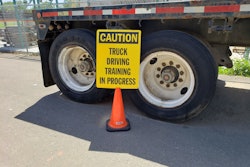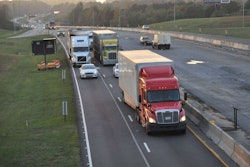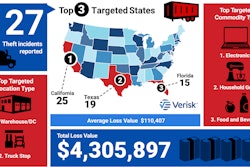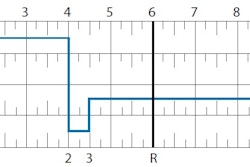With the Federal Motor Carrier Safety Administration last week extending the long-standing COVID-19 hours of service emergency declaration until Oct. 15, the agency is now seeking feedback concerning the extent to which carriers currently rely on the declaration to deliver certain commodities and whether there has been any impact on safety.
Comments are being accepted here through Sept. 21.
As reported, the waiver is limited in scope and only applies to carriers hauling the following commodities:
- Livestock and livestock feed
- Medical supplies and equipment related to the testing, diagnosis, and treatment of COVID-19
- Vaccines, constituent products, and medical supplies and equipment including ancillary supplies/kits for the administration of vaccines, related to the prevention of COVID-19
- Supplies and equipment necessary for community safety, sanitation, and prevention of community transmission of COVID-19 such as masks, gloves, hand sanitizer, soap, and disinfectants
- Food, paper products, and other groceries for emergency restocking of distribution centers or stores
- Gasoline, diesel, diesel exhaust fluid (DEF), jet fuel, ethyl alcohol, and heating fuel including propane, natural gas, and heating oil
Since the September 2021 extension of the declaration, FMCSA has requested that carriers self-report usage of the waiver, including the number of trips conducted under the declaration and the commodities hauled. An FMCSA review of carriers’ self-reported information found that the primary categories of commodities transported under the declaration are: food, paper products and other groceries for emergency restocking of distributions centers or stores; and livestock and livestock feed.
FMCSA added that it has seen an almost 50% decrease in usage of the declaration with loads of medical supplies and equipment related to the testing, diagnosis and treatment of COVID-19; and supplies and equipment necessary for community safety, sanitation and prevention of community transmission of COVID-19.

The agency is asking for public comment on the usage of the declaration for the covered products. Specifically, FCMSA asks if the usage is fit for the intended purpose of the limited relief.
Other news, in brief:










